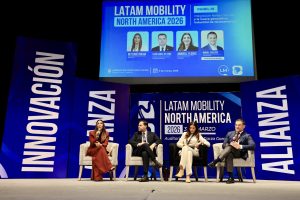
BioD – Primax, EPM, Fedebiocombustibles and Scania Highlight Innovations to Decarbonize Heavy Transport
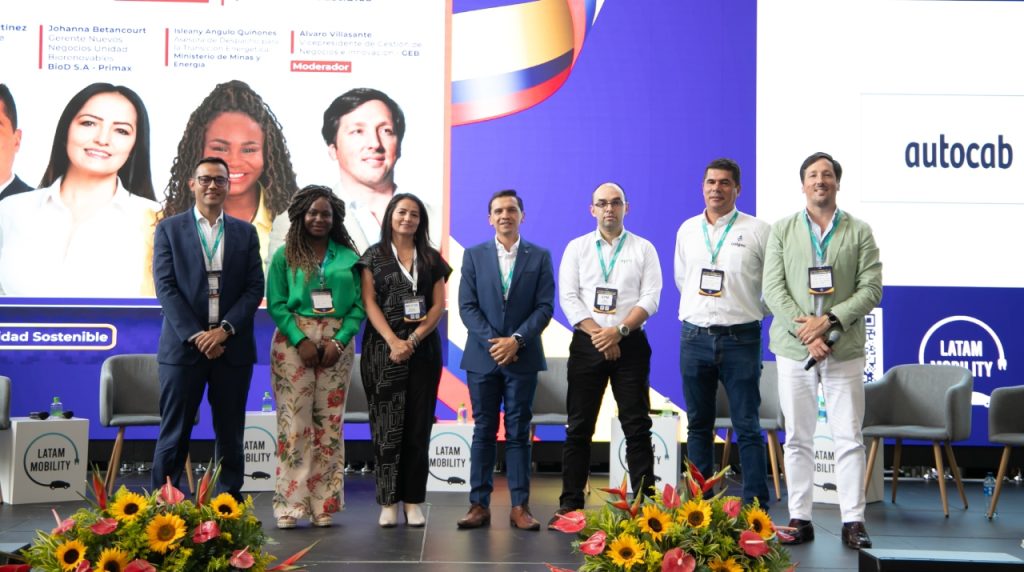
“Latam Mobility: Colombia 2024”, hosted high-level industry panelists to discuss “Decarbonization of heavy transport and last mile: The role of low-emission gas and biofuels”.
Mauricio de Alba, CEO of Scania Colombia, spoke about the experience of more than 10 years in the sector and the role that the company of Swedish origin has in the decarbonization of heavy transport.
“We have more than 130 years in the market, we started with bicycles and we have a key role in society and the development of mobility by taking on the climate challenge,” he said.
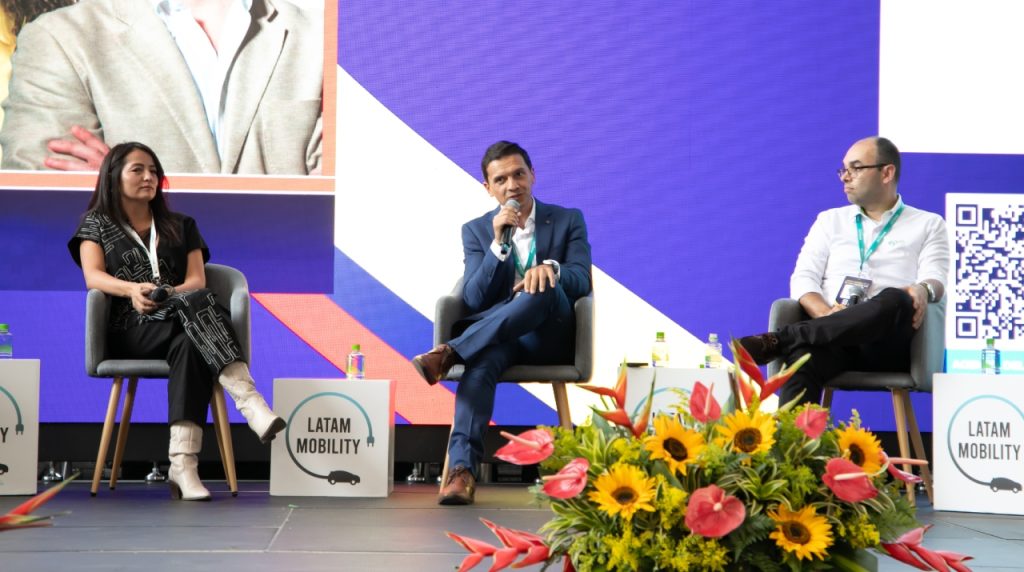
He assured that Scania adapts to the reality of each country with different offers such as the presentation of vehicles that are suitable for using biodiesel, biomethane, among other low-emission fuels.
“Our trucks can burn biodiesel, our gas trucks are also ready for biomethane, there are other technologies such as hydrogen that the company is developing with the aim of boosting the energy transition,” explained de Alba.
EPM Projects
Diego Humberto Montoya, Vice President of Gas Business at EPM, explained that they continue to be at the forefront developing projects that promote biofuels to pave the way towards sustainable mobility.
“We are betting on sustainable mobility with electrification, natural gas vehicles, biomethane, we are developing biogas in the San Fernando plant, we also have biogas in the Aguas Claras complex, we have already inaugurated a pilot with several uses of hydrogen”, he said.
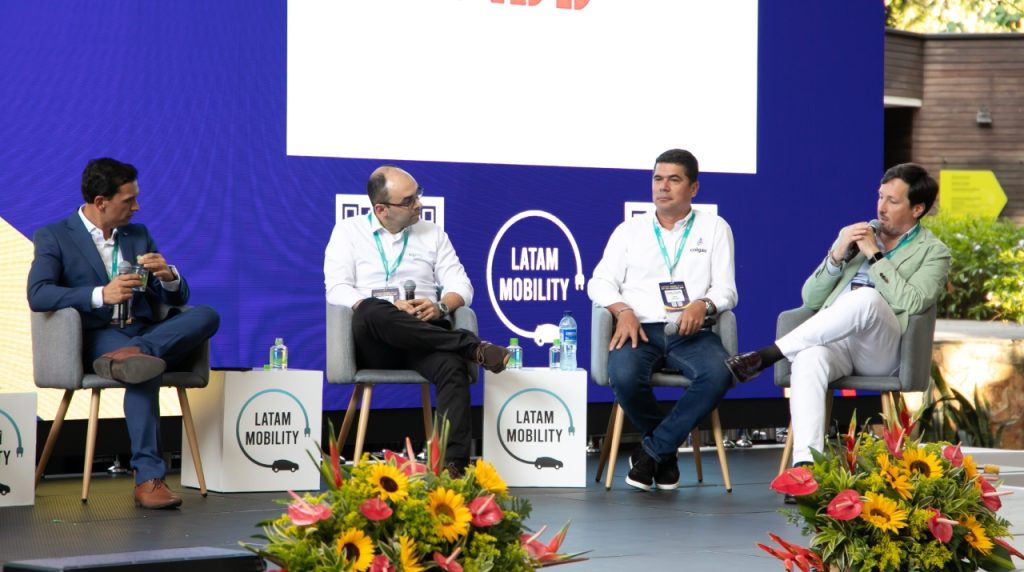
Montoya also pointed out that they are working on projects related to jet fuels. “We are innovation to bring welfare to our users, contribute to the ecosystem of a healthy environment that we want to leave to our children, move to cleaner fuels with heavy cargo transportation, we have to understand that we must go to a point where we all have access to sustainable technology, hybridization through natural gas to improve air quality”.
The Fedebiocombustibles Contribution
Carlos Graterón, Technical Director of Fedebiocombustibles, highlighted the importance of the organization’s work with the development of biofuels to contribute to the decarbonization of transportation.
“We group diesel and bioethanol producers, all gasolines in the country have 10% ethanol and 10% biodiesel. The challenge is how to accelerate the energy transition“, he pointed out.
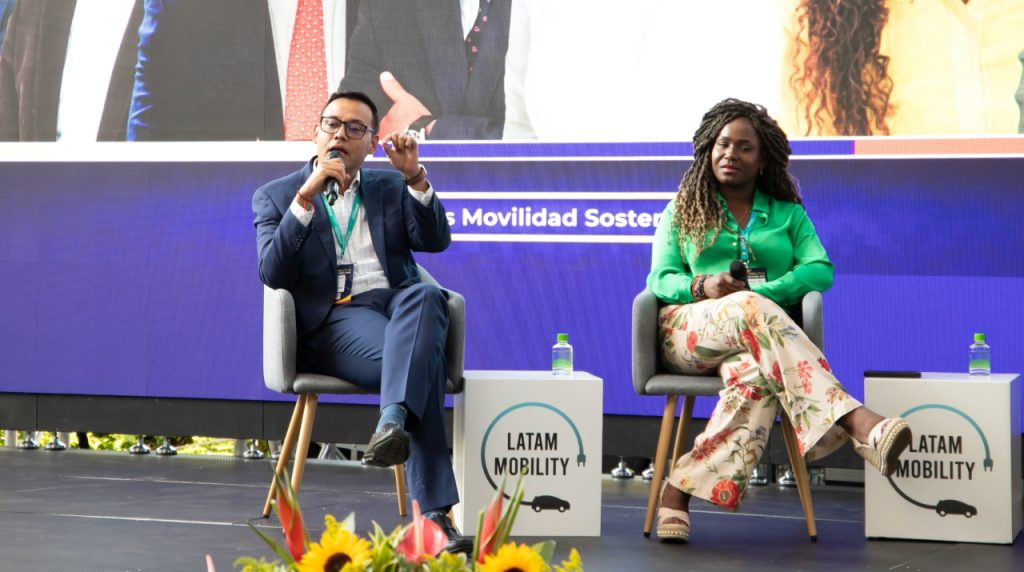
Graterón pointed out that the transportation sector mitigates 3.8 million tons and 3.2 million tons are due to the use of biofuels, so reducing particulate gas emissions is essential.
“We are the most cost-efficient measure and we will continue to promote the transition through mandates and goals”, he concluded.
Colgas’ Innovation
Jorge Martínez, Colgas Mobility Manager, expressed his satisfaction at participating for the first time in the Latam Mobility meeting, highlighting the importance of bringing together the entire value chain in the sector.
“We work with low-emission gas with liquefied petroleum gas (LPG), the fair energy transition is what we are starting to do now. We also do nauti LPG, the last mile is key,” he explained.
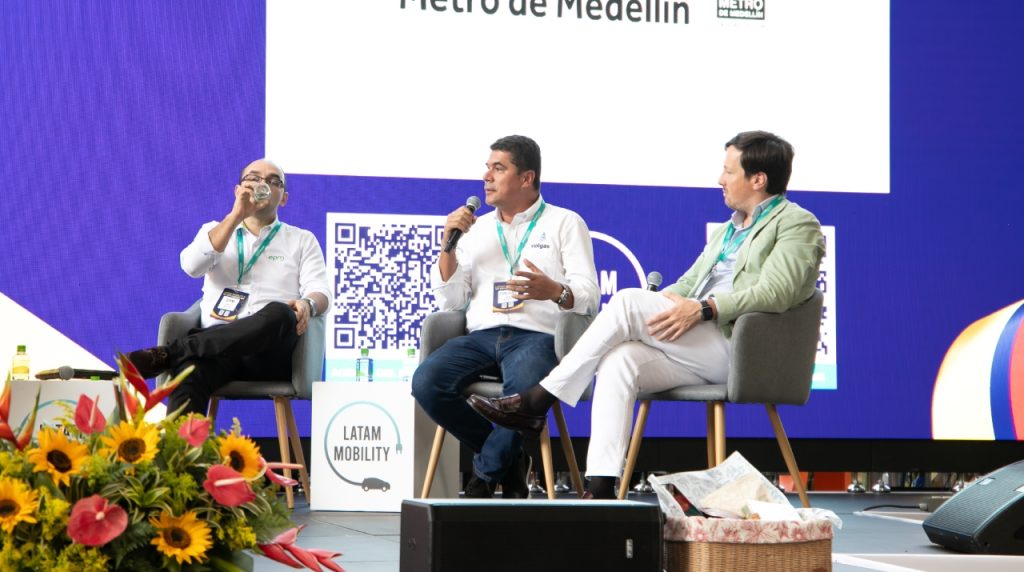
Martinez explained that Colgas not only focuses on land transport, but they are developing innovations for nautical transport with more than 120 vessels with LPG engines.
He assured that the joint work with the public sector is key to promote technology and development that contribute to the transition towards sustainable mobility.
Biorenewables Initiatives – BioD S.A – Primax
Johanna Betancourt, New Business Manager Biorenewables Unit of BioD S.A – Primax, explained in the Latam Mobility panel that they focus their production on biodiesel with palm oil and used cooking oil aimed not only at the terrestrial sector, but also at different segments such as marine and aviation.

“We represent 8,300 families with work, we reduce 640,000 tons, we are working on integration to achieve voluntary blends”. He specified that 1200 vehicles have rolled with biodiesel blends, a segment that saves 7,000 tons of CO2.
“We continue to contribute strongly to the goal of decarbonization,” he said.
Public Sector Support
Isleany Angulo Quiñones, Advisor for the Energy Transition Office of the Ministry of Mines and Energy, stressed that they have focused their efforts on the massification of biogas and biomethane.
“There is the bet of energy transition with key approaches such as closing the energy poverty gap, having energy communities, democratization and diversification of the energy basket”.
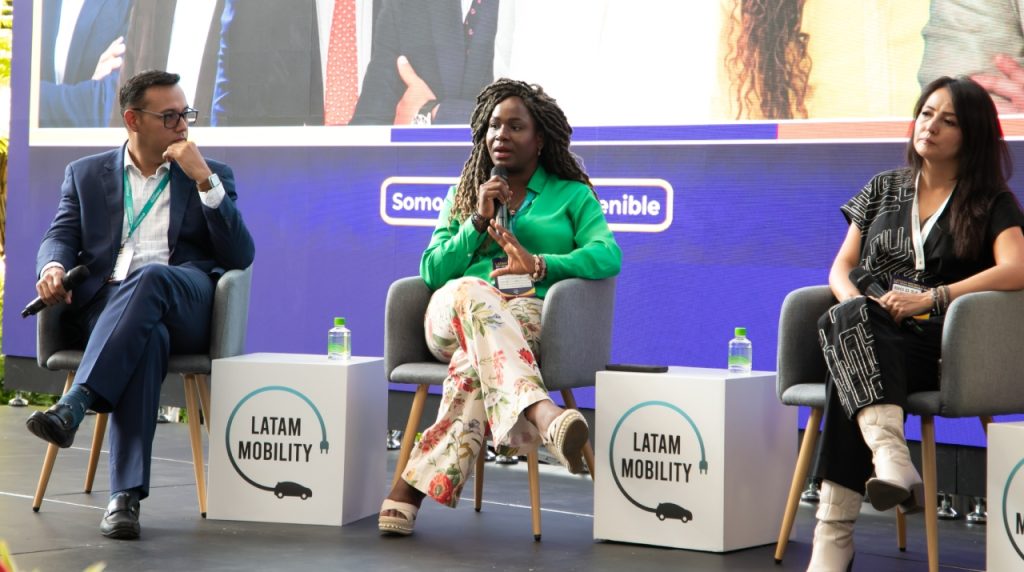
He assured that the aspects on which the ministry focuses give reliability for the welfare of all sectors. “We work with biomethane that is generated from organic waste, we want to work with all government portfolios in promoting the circular economy and waste management so that we can take advantage of it and reach massification.”





